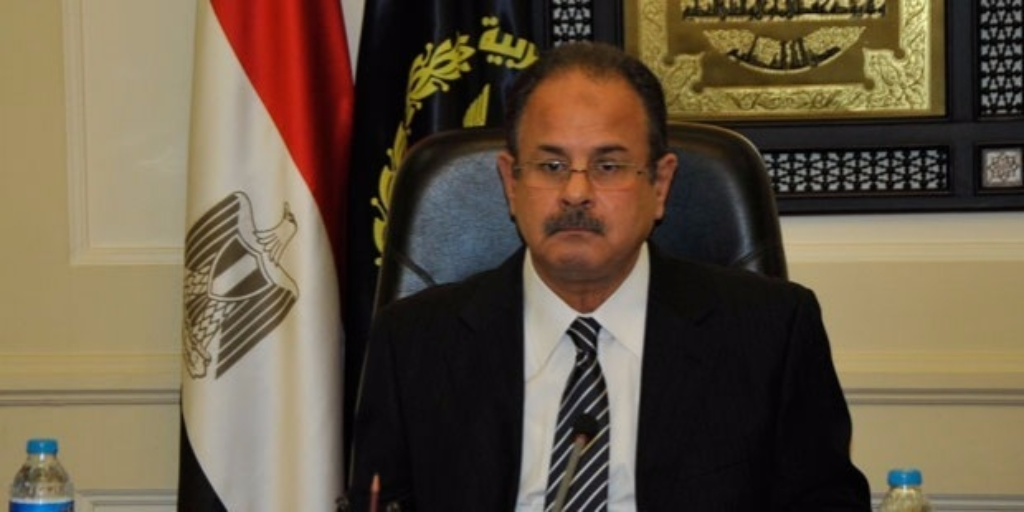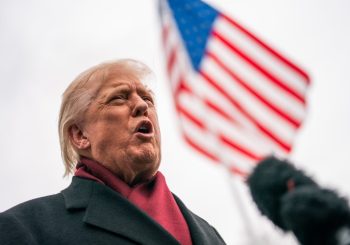Egypt’s Minister of Interior announced that the country’s police force is stepping up its measures to “protect institutions and citizens” and warned against “conspiratorial schemes to incite chaos and confusion,” state-owned Al-Ahram reported.
“The security forces will not, under any circumstances, tolerate any attempt to repeat the scenes of chaos and sabotage at a time when the country is moving forward with firm steps toward a promising future, God willing,” Abdel Ghaffar said, in what has been interpreted as a reference to the January 25, 2011 uprising that saw the storming of many police stations.
Abdel Ghaffar’s statement comes as some activists have launched an online campaign calling for citizens to protest on November 11 in what has been dubbed the “Ghalaba [Poor/Marginalized] Movement.” The calls for protest are in response to rising prices and the overall economic situation that has seen sugar and infant formula disappear from the market.
Many media personalities have slammed the protests as being planned and funded by the outlawed Muslim Brotherhood. TV presenter Osama Kamal, for example, said that the date of the planned protests, 11/11, alludes to the symbol of the Rabaa massacre, where hundreds of protestors and supporters of ousted president Mohamed Morsi were killed by security forces.
“The 11/11 date consists of four numbers and is similar to the Rabaa symbol that is used by Brotherhood members, which is the entity behind the calls for protest. Egyptians are aware of this and have effectively learned the lesson,” Kamal said on his show, Cairo 360, last week.
A statement released on Ikhwanweb, the Muslim Brotherhood’s website, calls on “the patriotic people of Egypt” to “unite to overthrow the treacherous military coup regime” but does not specify a date for protests.
A number of people have already been detained for allegedly inciting the November protests, including eight students and six others. The detainees faced charges of inciting violence to topple the regime, joining a banned group and inciting to attack police stations for terrorism
Per Egypt’s controversial protest law, which was signed in by interim president Adly Mansour in 2013, any gathering of more than 10 people without prior government approval is prohibited and seven different permissions are required to hold a street demonstration. Violators face up to five years in prison and a fine of EGP 100,000.
However, activists have violated the law on several occasions since it was passed, including in April, when dozens of Egyptians gathered across Cairo to protest the ceding of the Tiran and Sanafir islands to Saudi Arabia.







Comments (0)